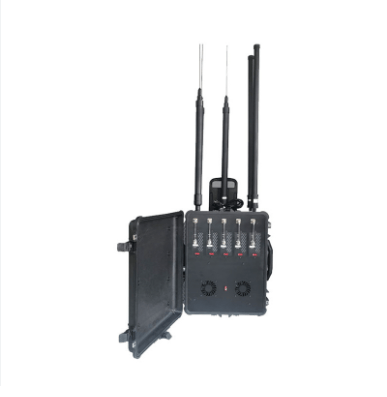It is interesting to note the contrasting decisions made by the NLRB and the FCC regarding employee phone use at work. While the NLRB saw a policy prohibiting phone use as necessary for safety and security reasons, the FCC viewed the use of a signal jamming device as a violation of federal law.
This discrepancy can create confusion for employers who seek to maintain control over employee phone use while also complying with federal regulations. It highlights the importance of understanding and navigating the legal and regulatory landscape surrounding workplace phone use.
Employers must carefully consider their policies and make sure they are in compliance with both the NLRB and the FCC. They must be mindful of employees’ rights to protected concerted activity under the National Labor Relations Act and the FCC’s prohibition on signal jamming devices.
Overall, this issue underscores the complexity of workplace regulations and the need for employers to stay up to date and well-informed on the latest legal developments. Failure to do so could result in costly fines and legal repercussions.

Signal jammers, devices designed to interfere with authorized radio frequencies and communications, are universally prohibited under the federal Communications Act of 1934, with only limited government use exceptions. Their use is a direct public safety concern, as they can hinder emergency calls and disrupt aviation and marine safety communications or even interfere with the communications of first responders.
This Act mandates that any device designed to transmit energy or communications by radio within the United States must be licensed or authorized. It also clearly prohibits “willful or malicious interference” with any station licensed or authorized under the Act. Additionally, devices or home electronic equipment or systems which fail to comply with regulations established pursuant to this section are not allowed to manufacture, import, sell, offer for sale, ship, or use in any way. The regulations stipulate that FCC-authorized radio frequency devices are required before operation.
Signal jammers cannot be certified or authorized because their primary purpose is to block or interfere with authorized radio communications. As a result, using them would jeopardize national communications infrastructure’s integrity. As a result, jamming devices cannot follow the FCC’s technical criteria and, therefore, cannot be lawfully used within the United States.

Recently, the FCC Enforcement Bureau investigated a Texas warehouse business for using a signal jammer after AT&T lodged a complaint of interference. The business owner confessed to using a jammer to prevent employees from using their mobile phones while working. The FCC reported that the business owner’s son was warned by an AT&T representative that jammers were against the law. Furthermore, the business owner stated that she had gotten rid of the jamming device and was unwilling to return it to the FCC agent or disclose its location. She did, however, offer to sell the device to the agent, who declined.
A $22,000 fine, consisting of a $10,000 penalty for performing without authorization, a $7,000 fine for causing interference, and a $5,000 fine for egregious behavior, was levied by the FCC Enforcement Bureau. After the business contested the fine to the full commission, the FCC upheld the $22,000 fine in an order issued on January 27th, 2022.